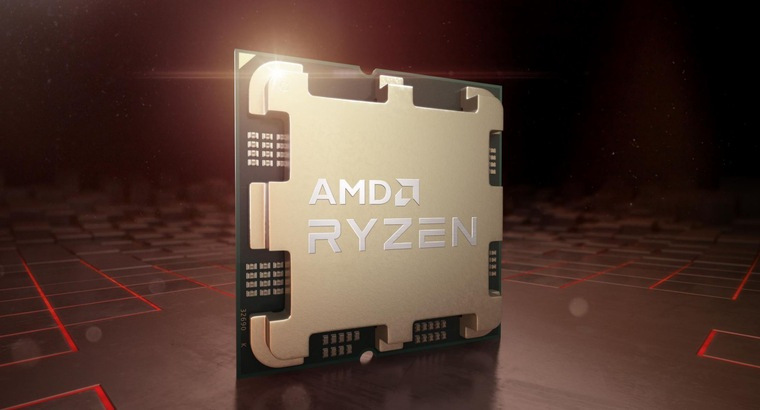Which processor is right for you?
Which processor is right for you?
That depends on what you need it to do.
If you’re a casual user who just wants to surf the web, check email, and maybe watch a little Netflix, then an AMD Ryzen 5 will do the trick.
But if you’re a power user or a professional who needs more speed and performance, then you’ll want the AMD Ryzen 7.
Let’s take a closer look at both processors and see which one is right for you.
Price: Ryzen 5 vs Ryzen 7
Price is always an important consideration when choosing a processor, and the Ryzen 5 and Ryzen 7 are no exception. The Ryzen 5 is currently retailing for around $200, while the Ryzen 7 is priced at around $300.
Both processors offer excellent performance, but the higher price of the Ryzen 7 does buy you some extra features. For example, the Ryzen 7 comes with eight cores instead of six, and it also has a higher turbo clock speed.
In addition, the Ryzen 7 supports DDR4-3200 memory, while the Ryzen 5 is limited to DDR4-2933. Ultimately, the decision of which processor to choose will come down to your budget and your specific needs.
If you need the extra power and features of the Ryzen 7, then it is worth paying the extra $100. However, if you can get by with the slightly lower performance of the Ryder 5, then you may want to save some money and go with that option.
Use cases: Ryzen 5 vs Ryzen 7
AMD’s Ryzen 5 and 7 CPUs are both great choices for a variety of different use cases.
The Ryzen 5 is a great choice for budget-conscious buyers who still want good performance, while the Ryzen 7 is better suited for gamers and power users who need the best performance possible.
Both CPUs offer good value for the money, but the Ryzen 7 is ultimately the better choice for most users. It has a higher base clock speed, more cores and threads, and faster memory support, all of which combine to make it a more powerful CPU.
It’s also more expensive than the Ryzen 5, so it’s not the best choice for everyone. Ultimately, it comes down to individual needs and budgets. But for most users, the Ryzen 7 is the better choice.
Ultimately, it comes down to individual needs and budgets. But for most users, the Ryzen 7 is the better choice.
Hyperthreading: Ryzen 5 vs Ryzen 7
Hyperthreading is a technology that allows processors to work on multiple tasks at the same time.
It essentially allows a single physical processor to appear as two virtual processors, allowing for more efficient multitasking.
In the past, Hyperthreading was found exclusively in high-end processors, but in recent years it has become more common in mid-range options as well. When it comes to Ryzen 5 vs Ryzen 7, both options offer Hyperthreading technology.
Picture source: Cpubenchmark.net
However, the Ryzen 7 processors have twice as many physical cores as the Ryzen 5 processors, meaning that they can handle more tasks simultaneously.
As a result, the Ryzen 7 processors are typically better suited for demanding applications such as video editing and 3D rendering. For general usage and gaming, however, the Ryzen 5 should be more than adequate.
Turbo Cache: Ryzen 5 vs Ryzen 7
Turbo Cache is a type of caching that is used in computer processors.
It is a way to increase the speed of the processor by using faster memory. Turbo Cache can be either on-chip or off-chip. On-chip means that the cache is built into the processor itself. Off-chip means that the cache is located outside of the processor, usually on a separate chip.
Picture source: Cpubenchmark.net
Turbo Cache can be either static or dynamic. Static means that the cache is always available. Dynamic means that the cache is only available when needed. Dynamic Turbo Cache is faster than static Turbo Cache because it can be turned on and off as needed.
Ryzen 5 has dynamic Turbo Cache while Ryzen 7 has static Turbo Cache. Ryzen 7 is faster than Ryzen 5 because it has static Turbo Cache. Static Turbo Cache is always available, so it can be turned on and off as needed. This makes Ryzen 7 faster than Ryzen 5.
Integrated Graphics: Ryzen 5 vs Ryzen 7
In the computer world, there are two main types of processors: integrated graphics and discrete graphics.
So, what’s the difference? Simply put, integrated graphics are a part of the CPU, while discrete graphics are their own separate entity. Both have their pros and cons, but for the majority of users, an integrated graphics processor will be more than enough.
However, if you’re a power user or gamer, then you’ll need a discrete graphics card.
The graphics card we used for our tests:
Nvidia GTX 1080
Now, let’s compare the two main types of processors on the market: Ryzen 5 and Ryzen 7. First up is Ryzen 5.
This processor is designed for budget-conscious users who still want good performance. It offers 6 cores and 12 threads, with a base clock speed of 3.6GHz. For most users, this will be more than enough power.
However, if you’re a heavy user or gamer, you may find that the CPU starts to struggle when multitasking or running demanding applications. In that case, you’ll need to look at something like the Ryzen 7. This processor has 8 cores and 16 threads, with a base clock speed of 3GHz.
Picture source: Geekbench
It also comes with a higher price tag, but for power users, it’s definitely worth the extra investment. So, which one should you choose?
If you’re on a tight budget or only use your computer for basic tasks, then the Ryzen 5 is a great choice. However, if you want the best performance possible, then you should go with the Ryzen 7.
Picture source: Geekbench
Conclusion
When it comes to Ryzen 5 vs Ryzen 7, both options offer Hyperthreading technology.
However, the Ryzen 7 processors have twice as many physical cores as the Ryzen 5 processors, meaning that they can handle more tasks simultaneously. As a result, the Ryzen 7 processors are typically better suited for demanding applications such as video editing and 3D rendering.
For general usage and gaming, however, the Ryzen 5 should be more than adequate. Additionally, while both types of Turbo Cache are faster than static Turbo Cache, only dynamic Turbo Cache is available on the Ryzen 5 processor.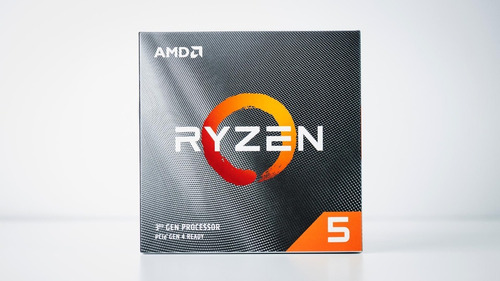
Finally, integrated graphics are better for most users while discrete graphics are better for power users or gamers.
So which one should you choose? If you’re looking for good performance at an affordable price point then go with the Ryzen 5; if you need the best performance possible then go with the Ryzen 7.
Ryzen 5 vs Ryzen 7: Full Comparison with Pros and Cons
Key Points
- The biggest difference between Ryzen 5 and Ryzen 7 processors comes down to the core count.
- Ryzen 7 processors typically come with higher core counts and clock speeds.
- AMD shocked the world when they released the first Ryzen 7 CPU.
Ryzen 5 vs Ryzen 7: Two Famous Processors From AMD
In today’s article, we are going to look at a broad overview of AMD’s Ryzen 5 and Ryzen 7 processor lineup. Although it is not as simple as just assuming the Ryzen 7 is better than the Ryzen 5, there are many more factors that come into play when discussing these two CPU series.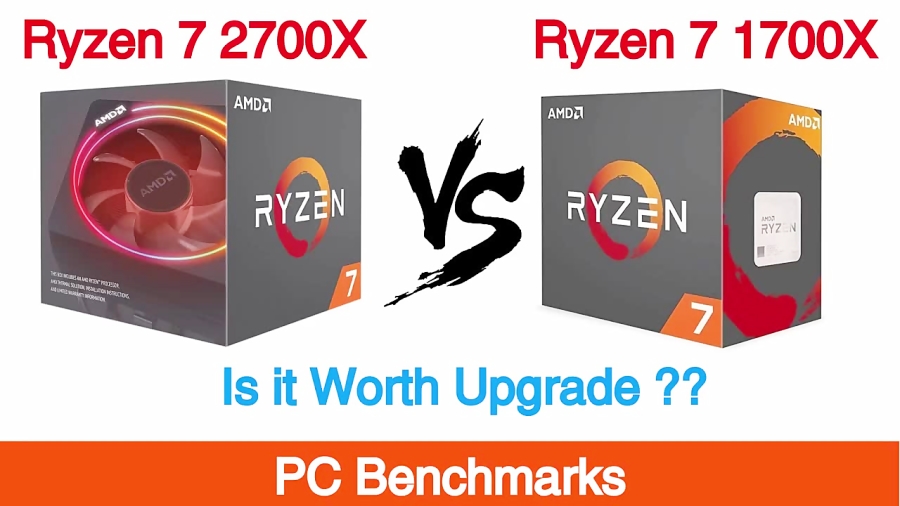
A newer Ryzen 5 can be similar to or even better than an older Ryzen 7.
Additionally, though Ryzen 7 processors typically come with higher core counts and clock speeds, this does not necessarily mean they are better overall for your needs. Some users will be better suited by a Ryzen 5 for a number of reasons.
We’re going to dive deep into the Ryzen 5 and Ryzen 7 series and figure out which one is better for different uses. Having the right processor for the job is very important, whether you are using your PC for gaming, streaming, video editing, or 3D rendering.
Intel vs AMD Ryzen
Furthermore, the subtle differences between similar models in each generation can mean that a different choice is justified. To make things easier for you when shopping for a new CPU, let’s take a look at the Ryzen 5 and Ryzen 7 processors and gain a deeper understanding of them.
Ryzen 5 vs Ryzen 7 Comparison:
The biggest difference between Ryzen 5 and Ryzen 7 processors comes down to the core count and thread count. We had to compare at least two generations of Ryzen processors to paint an accurate picture of what makes them similar and what makes them different. Have a look at the table below to see for yourself:
We had to compare at least two generations of Ryzen processors to paint an accurate picture of what makes them similar and what makes them different. Have a look at the table below to see for yourself:
| Specs | Ryzen 5 3600x | Ryzen 7 3800x | Ryzen 5 5600x | Ryzen 7 5800x |
|---|---|---|---|---|
| Number of Cores | 6 | 8 | 6 | 8 |
| Number of Threads | 12 | 16 | 12 | 16 |
| Base Clock Speed | 3.80GHz | 3.90GHz | 3.70GHz | 3.70GHz |
| Boost Clock Speed | 4.40GHz | 4.50GHz | 4.60GHz | 4.70GHz |
| L2 Cache Size | 512k (per core) | 512k (per core) | 512k (per core) | 512k (per core) |
| L3 Cache Size | 32MB shared | 32MB shared | 32MB shared | 32MB shared |
| Unlocked? | Yes | Yes | Yes | Yes |
| TDP Rating | 95 Watts | 105 Watts | 65 Watts | 105 Watts |
| Memory Type | DDR4 | DDR4 | DDR4 | DDR4 |
| PCI Version | PCI-E 4. 0 0 |
PCI-E 4.0 | PCI-E 4.0 | PCI-E 4.0 |
| CPU Socket | AM4 | AM4 | AM4 | AM4 |
| CPU Architecture | 7NM Zen 2 | 7NM Zen 2 | 7NM Zen 3 | 7NM Zen 3 |
As we can see from the comparison, AMD has equipped each Ryzen 5 series CPU with 6 cores and 12 threads, while the Ryzen 7 series CPUs are typically equipped with at least 8 cores and 16 threads. AMD uses Simultaneous Multithreading technology to split each core into two logical cores for faster effective processing speed.
The fact that the Ryzen 5 3600 was a multithreaded CPU makes it much more popular to this day.
Ryzen 5 vs Ryzen 7: A Brief History
After losing the processor war to Intel for many years, AMD needed something new and innovative to turn things around. The “Bulldozer” architecture that AMD had been using since 2011 was falling farther behind Intel’s technology with each passing year. Intel processors were faster and more power-efficient.
The only way AMD could even compete was by slashing the price. AMD became known as the budget processor, but with Intel beginning to lower their prices as well, the tides were turning. Then 2017 came and everything changed forever.
The Ryzen series processors officially launched, and to everybody’s surprise, AMD had made something that could really give Intel a run for its money. You could say Intel didn’t even see it coming.
AMD shocked the world when they released the first Ryzen 7 CPU on March 2, 2017. The first Ryzen 7 destroyed the Intel equivalent when it came to CPU benchmark tests. The closest competitor to the new Ryzen 7 was the Intel Core i7-7700K.
Furthermore, with a lower MSRP and a higher benchmark performance rating, everyone flocked to the new Ryzen processors, leaving Intel in the dust.
Ryzen 5 vs Ryzen 7: What Are the Similarities?
You may have a general understanding of the difference between the Ryzen 5 and the Ryzen 7, but there are also plenty of similarities. Both CPUs rely on the standard AM4 socket from AMD. If you have an older AMD processor, such as one from the “Bulldozer” generation, you will need to upgrade your motherboard to fit the new Ryzen CPUs.
Both CPUs rely on the standard AM4 socket from AMD. If you have an older AMD processor, such as one from the “Bulldozer” generation, you will need to upgrade your motherboard to fit the new Ryzen CPUs.
The good news is that once you have a Ryzen-compatible motherboard, you won’t need to upgrade again. Both older and newer generations of Ryzen processors use the same socket type. Even if you are upgrading from a Ryzen 3 CPU to a Ryzen 7, you can use the same socket and the same motherboard.
Additionally, both CPUs are compatible with the latest DDR4 RAM and typically allow you to use up to 128GB of dual-channel RAM as well. Although the maximum ram is ultimately dependent on what motherboard you are using, the generous maximums allowed by the Ryzen CPUs mean that you will never have to worry about running out of RAM.
Furthermore, most Ryzen 5 and Ryzen 7 processors have a fully unlocked multiplier, allowing you the ability to overclock. Overclocking can drastically increase your performance, but only on CPUs that are unlocked.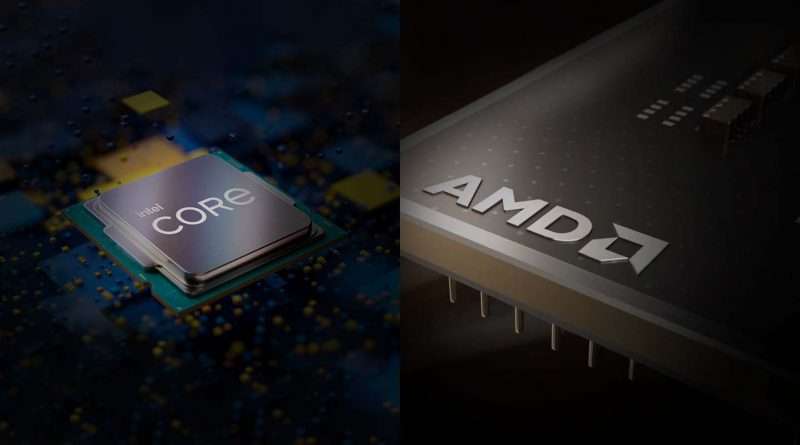
You want to look for a Ryzen processor with an “X” in the model identifier such as the 5600x or the 5800x. You can easily tell a locked Ryzen apart because there will be no “X” in the model. These locked processors are typically used in laptops and prebuilt computers anyway, so it is easier to spot them.
Additionally, both the Ryzen 5 and Ryzen 7 processors are very energy-efficient. Compared to the previous generation CPUs from AMD, which ran at peak wattages of between 95 and 220 watts under load, the Ryzen 5 and Ryzen 7 processors are rated for much less. The Ryzen 5 series is particularly efficient, with newer models rated for just 65 watts.
The AMD Ryzen 7 3700X offers better raw performance that would take much more power from other processors to match.
Which One Is Better For Gaming: Ryzen 5 vs Ryzen 7?
One of the most important factors when trying to figure out which processor is better is how well they play games. If you are going to use your CPU for gaming, that’s really all you care about.
Testing gaming performance comes down to many factors, including your GPU and RAM configuration as well as other subtleties of your PC, so we compiled general benchmarks that test a few specific categories.
Additionally, digging into each area of performance gives us a clear picture of how these processors perform relative to each other. As expected, the latest and greatest Ryzen 7 series CPUs are better than older Ryzen 5 CPUs, but not by as much as you would expect. The entire Ryzen lineup scores well, and in general, is great for gaming.
| Test | Ryzen 5 3600x | Ryzen 7 3800x | Ryzen 5 5600x | Ryzen 7 5800x |
|---|---|---|---|---|
| Memory latency | 87.9 points | 88.3 points | 94.8 points | 95.1 points |
| Single-core | 135 points | 137 points | 165 points | 170 points |
| Dual-core | 266 points | 272 points | 327 points | 339 points |
| Quad-core | 514 points | 528 points | 640 points | 657 points |
| Octa-core | 877 points | 995 points | 1046 points | 1196 points |
Typically, each generation of Ryzen CPU shows between a 10% and 20% increase in performance over the last. The Ryzen 7 series is ultimately more powerful than the Ryzen 5, as you might have guessed. Depending on what you are doing, you may want to pick one over the other.
The Ryzen 7 series is ultimately more powerful than the Ryzen 5, as you might have guessed. Depending on what you are doing, you may want to pick one over the other.
Ryzen 5 vs Ryzen 7: Which One Should You Choose?
If you are looking for the most powerful processor you can get, the Ryzen 7 is the way to go. Although it comes with a higher price tag, the Ryzen 7 dominates in gaming benchmarks and is also more suitable for 4K video editing, streaming, and 3D rendering. With a higher core and thread count, the Ryzen 7 delivers more raw processing power when it is needed.
On the other hand, the Ryzen 5 is a suitable CPU for those who still want a powerful processor, but at a lower price tag. Although not as fast as the Ryzen 7, the Ryzen 5 series processors still pack a lot of performance and provide more energy efficiency.
No matter which CPU you choose, either one is a far cry from the days of old when AMD used to make power-hungry, low-performance CPUs strictly for the budget user. The new Ryzen processors stand up to Intel and are better in many ways.
The new Ryzen processors stand up to Intel and are better in many ways.
Next Up…
- Roku vs Fire Stick: Full Comparison with Pros, Cons, and Features
- Nvidia GTX 1060-6GB vs 1650: Full Comparison
- TLS vs. SSL: What’s the Difference?
Ryzen 5 vs Ryzen 7: Full Comparison with Pros and Cons FAQs (Frequently Asked Questions)
Is Ryzen 7 better than Ryzen 5?
Yes, and in fact, the Ryzen 7 scores higher on benchmarks across the board. If you need a more powerful CPU for editing video, streaming, or playing games, then the Ryzen 7 is the ideal processor.
Is there a big difference between Ryzen 5 and 7?
There are definitely notable differences between the two CPUs. Mainly, the Ryzen 7 is going to be a more powerful processor, but the Ryzen 5 is going to be more budget-friendly.
Do I need Ryzen 5 or 7 laptop?
It depends on your needs. Ultimately, both processors are extremely powerful and up to the task of gaming, streaming, or editing videos. The Ryzen 7 may come at a higher price tag, but it does offer higher performance.
The Ryzen 7 may come at a higher price tag, but it does offer higher performance.
AMD Ryzen 5 2600 vs AMD Ryzen 7 2700: What is the difference?
Smartphone -graphic wire headphones
61 ballla
AMD Ryzen 5 2600
59 Ballla
AMD RYZEN 7 2700
Winner at
VS Ry -RAM 66 compared to
AMD Ryzen 5 2600 9000 AMD AMD
Why is AMD Ryzen 5 2600 better than AMD Ryzen 7 2700?
- 0.67MB/core more L3 cache per core? nine0026 2.67MB/core vs 2MB/core
- Has NX bit?
Why is AMD Ryzen 7 2700 better than AMD Ryzen 5 2600?
- 25.49% higher CPU speed?
8 x 3.2GHz vs 6 x 3.4GHz - 4 more CPU threads?
16 vs 12 - 1MB more L2 cache?
4MB vs 3MB - 19.27% higher PassMark score?
15752 vs 13207 - 192KB more L1 cache?
768KB vs 576KB - 19% higher Geekbench 5 multi-core result?
6243 vs 5246 - 26.
 02% higher Cinebench R20 score (multi-core)?
02% higher Cinebench R20 score (multi-core)?
3448 vs 2736 - 7.75% higher Cinebench R20 result (single core)?
403 vs 374
Which comparisons are the most popular?
AMD RYZEN 5 2600
VS
AMD Ryzen 5 4500
AMD RYZEN 7 2700
VS
AMD Ryzen 5 3600
AMD Ryzen 5 2600 9000 VS
9000 AMD Ryzen AMD Ryzen AMD Ryzen AMD RYZEN
VS
AMD Ryzen 5 5600x
AMD Ryzen 5 2600
VS
AMD Ryzen 5 3600
AMD Ryzen 7 2700
VS
AMD Ryzen 5 5600g
AMD Ryzen 5 2 2 VS0002 AMD RYZEN 5 5600G
AMD Ryzen 7 2700
VS
Intel Core i5-10400
AMD Ryzen 5 2600
VS
Intel Core i5-10400
9000 AMD Ryzen 7 2700
VS AMD Ryzen 7 2700
VS AMD Ryzen 7 2700
VS 7 5800x
AMD RYZEN 5 2600
VS
AMD Ryzen 7 5700x
AMD Ryzen 7 2700
VS
AMD Ryzen 5 1600
AMD Ryzen 5 2600 9000
AMD Ryzen 5 1600
AMD RYZEN Ryzen 7 2700
VS
Intel Core i3-8100f
AMD Ryzen 5 2600
VS
AMD Ryzen 3 3200G
AMD Ryzen 7 2700
VS
AMD Ryzen 7 1700
VS Ryzen 5
Intel Core i5-9400f
AMD Ryzen 7 2700
VS
AMD Ryzen 5 3500x
Complexation of
Users
Reviews General rating
AMD Ryzen 5 2600
6 reviews of users
AMD Ryzen 5 2600
10. 0 /10
0 /10
6 Reviews of users
AMD Ryzen 7 2700
2 Reviews of users
AMD Ryzen 7 2700
9000 9000 9000 9,000 9,000 9000 9 Reviews of users
Functions
Price and quality ratio
10.0 /10
6 Votes
10.0 /10
2 VOTES
Games
9,000
10.0 /10
6 Votes
10.0 /10
2 Votes
performance
10.0 /10
6 Votes
10.0 /10 9000
Votes 9000
9.8 /10
6 Votes
10.0 /10
2 VOTES
Energy efficiency
10.0 /10
Votes
9.0 /10 9 9 9
2 votes
Performance
CPU speed
6 x 3.4GHz
8 x 3.2GHz
CPU speed indicates how many processing cycles per second a processor can perform, given all its cores (processors). It is calculated by adding the clock speeds of each core or, in the case of multi-core processors, each group of cores.
processor thread
More threads result in better performance and better multitasking. nine0003
turbo clock speed
3.9GHz
4.1GHz
When the processor is running below its limits, it can jump to a higher clock speed to increase performance.
Unlocked
✔AMD Ryzen 5 2600
✔AMD Ryzen 7 2700
Some processors come with an unlocked multiplier and can be easily overclocked for better performance in games and other applications. nine0003
L2 Cache
More L2 scratchpad memory results in faster results in CPU and system performance tuning.
L3 cache
More L3 scratchpad memory results in faster results in CPU and system performance tuning.
L1 cache
More L1 cache results in faster results in CPU and system performance tuning. nine0003
nine0003
L2 core
0.5MB/core
0.5MB/core
More data can be stored in L2 scratchpad for access by each processor core.
L3 core
2.67MB/core
2MB/core
More data can be stored in L3 scratchpad for access by each processor core.
Geotagging
PassMark result
This benchmark measures CPU performance using multithreading. nine0003
PassMark result (single)
This test measures processor performance using a thread of execution.
Geekbench 5 result (multi-core)
Geekbench 5 is a cross-platform test that measures the performance of a multi-core processor. (Source: Primate Labs,2023)
Cinebench R20 result (multi-core)
Cinebench R20 is a test that measures the performance of a multi-core processor by rendering a 3D scene. nine0003
nine0003
Cinebench R20 result (single core)
Cinebench R20 is a test to evaluate the performance of a single core processor when rendering a 3D scene.
Geekbench 5 result (single core)
Geekbench 5 is a cross-platform test that measures the single core performance of a processor. (Source: Primate Labs, 2023)
Blender (bmw27) test result
295.1seconds
243.7seconds
The Blender (bmw27) test measures CPU performance by rendering a 3D scene. More powerful processors can render a scene in a shorter time. nine0003
Blender (classroom) result
Unknown. Help us offer a price. (AMD Ryzen 5 2600)
750.9seconds
The Blender (classroom) benchmark measures CPU performance by rendering a 3D scene. More powerful processors can render a scene in a shorter time.
performance per watt
This means that the processor is more efficient, giving more performance per watt of power used.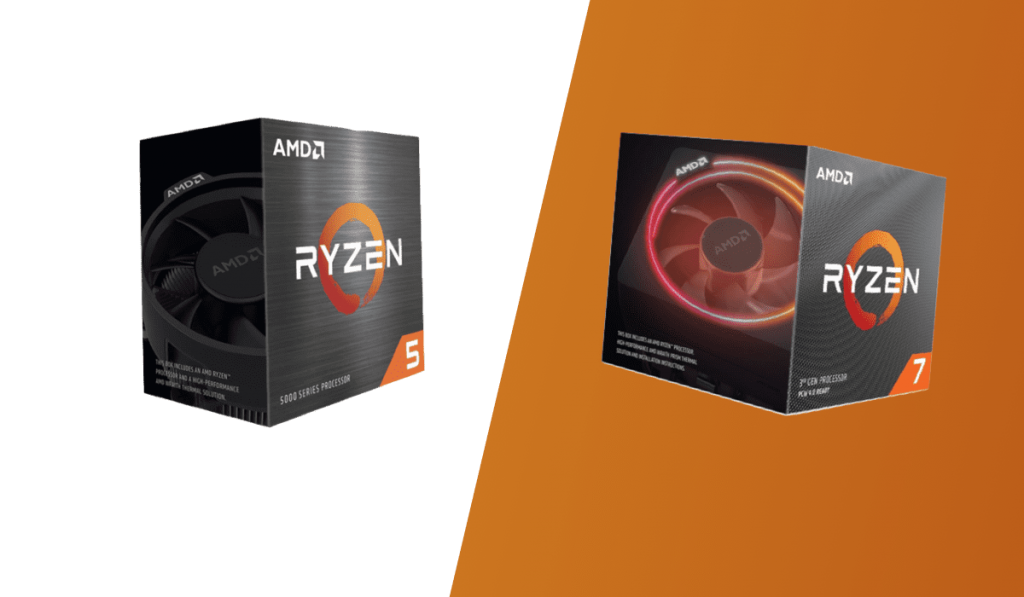 nine0003
nine0003
Integrated graphics
OpenCL version
Unknown. Help us offer a price. (AMD Ryzen 5 2600)
Unknown. Help us offer a price. (AMD Ryzen 7 2700)
Some applications use OpenCL to take advantage of graphics processing unit (GPU) power for non-graphics computing. Newer versions are more functional and better quality.
Memory
RAM speed
2933MHz
2933MHz
Can support faster memory which speeds up system performance.
maximum memory bandwidth
43.71GB/s
43.71GB/s
This is the maximum rate at which data can be read from or stored in memory.
DDR memory version
DDR (Double Data Rate Synchronous Dynamic Random Access Memory) is the most common type of main memory. New versions of DDR memory support higher maximum speeds and are more energy efficient. nine0003
nine0003
memory channels
More memory channels increase the speed of data transfer between memory and processor.
maximum memory
Maximum memory (RAM).
bus baud rate
Unknown. Help us offer a price. (AMD Ryzen 5 2600)
Unknown. Help us offer a price. (AMD Ryzen 7 2700)
The bus is responsible for transferring data between various components of a computer or device. nine0003
Supports memory debug code
✔AMD Ryzen 5 2600
✔AMD Ryzen 7 2700
Memory debug code can detect and repair data corruption. It is used when necessary to avoid distortion, such as in scientific computing or when starting a server.
eMMC version
Unknown. Help us offer a price. (AMD Ryzen 5 2600)
Unknown. Help us offer a price. (AMD Ryzen 7 2700)
A newer version of eMMC — built-in flash memory card — speeds up the memory interface, has a positive effect on device performance, for example, when transferring files from a computer to internal memory via USB.
bus frequency
Unknown. Help us offer a price. (AMD Ryzen 5 2600)
Unknown. Help us offer a price. (AMD Ryzen 7 2700)
The bus is responsible for transferring data between various components of a computer or device
Features
uses multi-threading
✔AMD Ryzen 5 2600
✔AMD Ryzen 7 2700
logical cores, also known as threads. Thus, each core can run two instruction streams at the same time.
Has AES
✔AMD Ryzen 5 2600
✔AMD Ryzen 7 2700
AES is used to speed up encryption and decryption.
Has AVX
✔AMD Ryzen 5 2600
✔AMD Ryzen 7 2700
AVX is used to help speed up calculations in multimedia, scientific and financial applications, and to improve the performance of the Linux RAID program.
version of SSE
SSE is used to speed up multimedia tasks such as editing images or adjusting audio volume. Each new version contains new instructions and improvements. nine0003
Each new version contains new instructions and improvements. nine0003
Has F16C
✔AMD Ryzen 5 2600
✔AMD Ryzen 7 2700
F16C is used to speed up tasks such as adjusting image contrast or adjusting volume.
bits transmitted at the same time
Unknown. Help us offer a price. (AMD Ryzen 5 2600)
Unknown. Help us offer a price. (AMD Ryzen 7 2700)
NEON provides faster media processing such as MP3 listening. nine0003
Has MMX
✔AMD Ryzen 5 2600
✔AMD Ryzen 7 2700
MMX is used to speed up tasks such as adjusting image contrast or adjusting volume.
Has TrustZone
✖AMD Ryzen 5 2600
✖AMD Ryzen 7 2700
The technology is integrated into the processor to ensure device security when using features such as mobile payments and digital rights management (DRM) video streaming. nine0003
nine0003
interface width
Unknown. Help us offer a price. (AMD Ryzen 5 2600)
Unknown. Help us offer a price. (AMD Ryzen 7 2700)
The processor can decode more instructions per clock (IPC), which means the processor performs better
Price Comparison
Which CPUs are better?
This page is currently only available in English.
AMD Ryzen 7 2700 vs Ryzen 5 3600: 9 performance comparison0001
VS
AMD Ryzen 7 2700
AMD Ryzen 5 3600
Which is better: 8-core AMD Ryzen 7 2700 at 3.2 GHz or Ryzen 5 3600 with 6 cores at 3.6 GHz? To find out, read our comparative testing of these desktop processors in popular benchmarks, games and heavy applications.
- Overview
- Differences
- Performance
- Features
- Comments
- Has 2 physical cores more than
- Has 16 MB more L3 cache
- Supports up to 128 GB DDR4-3200
- More modern process technology — 7 vs 12 nanometers
- Newer than a year and 2 rival
- New PCI Express Standard — 4.
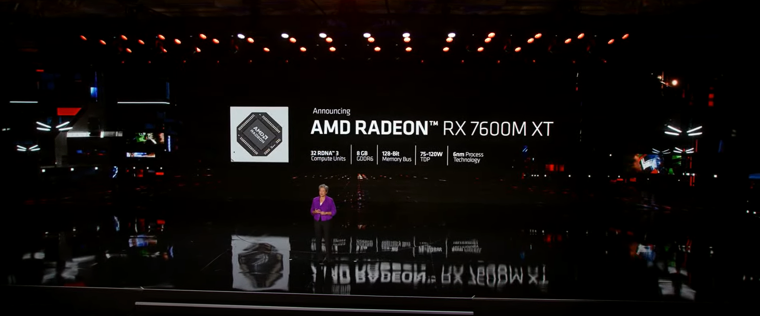 0
0 - 23% faster in single core Geekbench v5 — 1252 and 1016 points
- 3.97 GB/s (9%) higher maximum memory bandwidth
- 2% higher frequency in Turbo Boost (4.2 GHz vs. 4.1 GHz)
nine0582
Overview
Overview and comparison of the main metrics from NanoReview
Single -flow performance
Rating in tests using one kernel
Ryzen 7 2700
48
Ryzen 5 3600
58
Multi -flow performance
Tests in benchmarks, where all nuclei
Ryzen 7 27,000 9000 9000 36
Ryzen 5 3600
38
Energy efficiency
Efficiency of energy consumption by chip
Ryzen 7 2700
49
Ryzen 5 3600
64
rating NanoreView
Credid processor rating
Ryzen 7 2700
9000 9000 9000 9000 9000 9000 9000 9000 9000 9000 9000 9000 9000 9000 9000 9000 9000 9000 9000 9000 9000 9000 9000 9000 Ryzen 5 3,000 2
Key differences
What are the main differences between 3600 and 2700
Reasons to choose AMD Ryzen 7 2700
Reasons to choose AMD Ryzen 5 3600
Benchmark tests
Compare the results of processor tests in benchmarks
Cinebench R23 (single core)
Ryzen 7 2700
1062
Ryzen 5 3600
+23%
1302
Cinebench R23 (multi-core)
Ryzen 7 2700
8971
Ryzen 5 3600
+7%
9579
Passmark CPU (single core)
Ryzen 7 2700
2204
Ryzen 5 3600
+17%
2578
Passmark CPU (multi-core)
Ryzen 7 2700
15769
Ryzen 5 3600
+13%
17824
Geekbench 5 (single core)
Ryzen 7 2700
1026
Ryzen 5 3600
+23%
1263
Geekbench 5 (multi-core)
Ryzen 7 2700
6834
Ryzen 5 3600
+5%
7152
Add your Cinebench R23 results
Specifications
AMD Ryzen 7 2700 and Ryzen 5 3600 full technical specifications list
General information
| Manufacturer | AMD | AMD |
| Release date | April 19, 2018 | July 7, 2019 |
| Type | Desktop | Desktop |
| Instruction set architecture | x86-64 | x86-64 |
| Codename | — | Zen 2 (Matisse) |
| Integrated graphics | No | No |
Processor
| Cores | 8 | 6 |
| threads | 16 | 12 |
| Frequency | 3.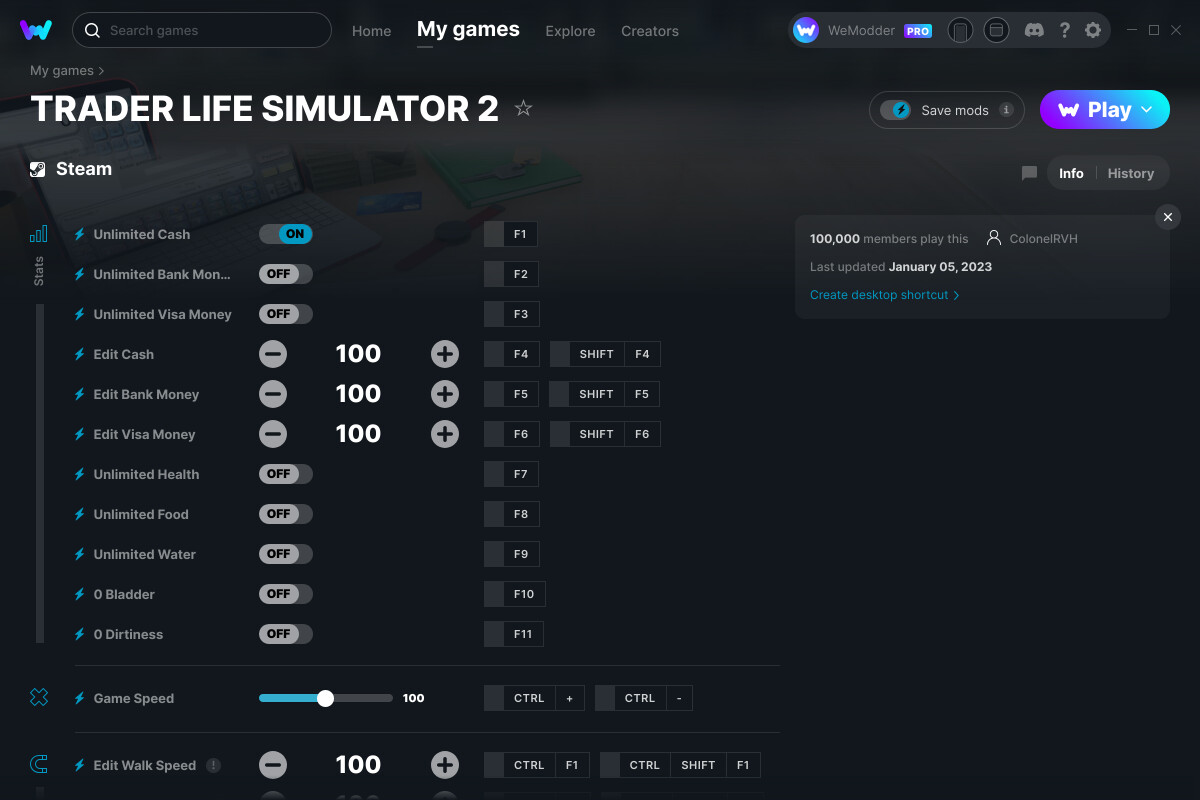 2 GHz 2 GHz |
3.6 GHz |
| Max. frequency in Turbo Boost | 4.1 GHz | 4.2 GHz |
| Number of cores | 8 | 6 |
| Number of threads | 16 | 12 |
| Bus frequency | 100 MHz | 100 MHz |
| Multiplier | 36x | 36x |
| Level 1 cache | 96KB (per core) | 64KB (per core) |
| Level 2 cache | 512KB (per core) | 512KB (per core) |
| Level 3 cache | 16MB (shared) | 32MB (shared) |
| Unlocked multiplier | Yes | Yes |
| Number of transistors | 4.8 billion | 3.8 billion |
| Process | 12 nanometers | 7 nanometers |
| Socket | AM4 | AM4 |
| Power Demand (TDP) | 65 W | 65 W |
| Critical temperature | 95°C | 95°C |
Memory support
| Memory type | DDR4-2933 | DDR4-3200 |
Max. size size |
64 GB | 128 GB |
| Number of channels | 2 | 2 |
| Max. bandwidth | 43.71 GB/s | 47.68 GB/s |
| ECC 9 support0751 | Yes | Yes |
Other
| Official site | AMD Ryzen 7 2700 | AMD Ryzen 5 Site 3600 |
| PCI Express version | 3.0 | 4.0 |
| Max. PCI Express lanes | 20 | 16 |
nine0002
Poll
What processor do you think is the best?
Ryzen 7 2700
104 (34%)
Ryzen 5 3600
202 (66%)
Total votes: 306
Competitors
1.
AMD Ryzen 7 2700 and AMD Ryzen 7 5700X
2.